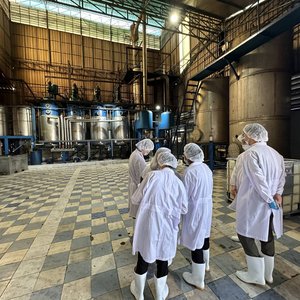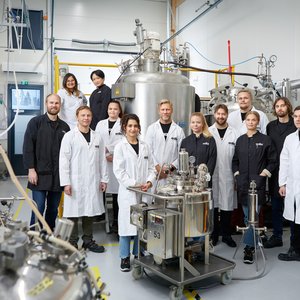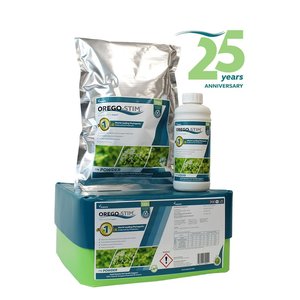In commercial aquaculture practices, feeds are responsible for the biggest share of the production cost - as much as 80% in many cases.
Fishmeal is considered an excellent source of nutrients (balanced amino acid profiles, essential fatty acids, and mineral content) and for that reason has been the key ingredient in aquaculture feeds. Due to its high and increasing cost, nutritionists are focusing on reducing dependence and finding alternative protein sources.
Crustaceans account for the major share (~ 28%) of the total use of fishmeal in aquaculture. In recent years significant information has been generated regarding the digestibility of nutrients, including amino acids, of practical ingredients. These data allow nutritionists to have a better understanding of the nutrient digestibility coefficients in order to formulate diets that meet the requirements of the defined production target, without being restricted by the limitations that fishmeal imposes.
The slow feeding behaviour of crustaceans such as whiteleg shrimp (Litopenaeus vannamei), is an extra challenge that has to be addressed. Dr. Alexandros Samartzis works for Evonik (SEA) Pte. Ltd. as a Technical Sales Manager for the Southeast Asia region, specialized in Aquaculture and based in Singapore. At Aquafeed Horizons Asia 2016, he will present to delegates the available data on amino acid recommendations and digestibility co-efficients for L. vannamei for an optimal but cost effective diet.
The latest numerous up-to-date experimental studies indicate that fishmeal substitution with alternative protein sources does not affect the growth, survival and feed conversion ratio of shrimp, as long as nutrient composition, including amino acid profile, are balanced to cover the specie’s requirements. The digestibility coefficient of crude protein and individual amino acids of many ingredients will be presented in detail. Finally, all the recent advances in the amino acid nutrition of shrimp will be explained alongside the solutions to the challenges of the complicated feeding behavior of crustaceans.
Aquafeed Horizons Asia will take place in Bangkok, March 29, 2016. Full details and registration at: www.feedconferences.com







